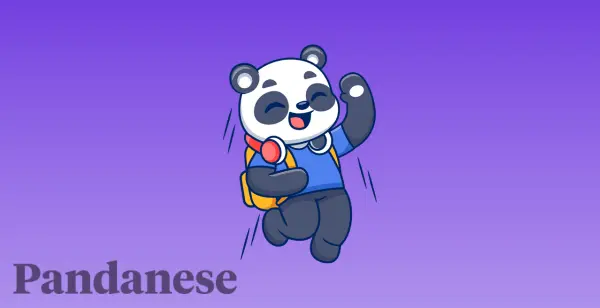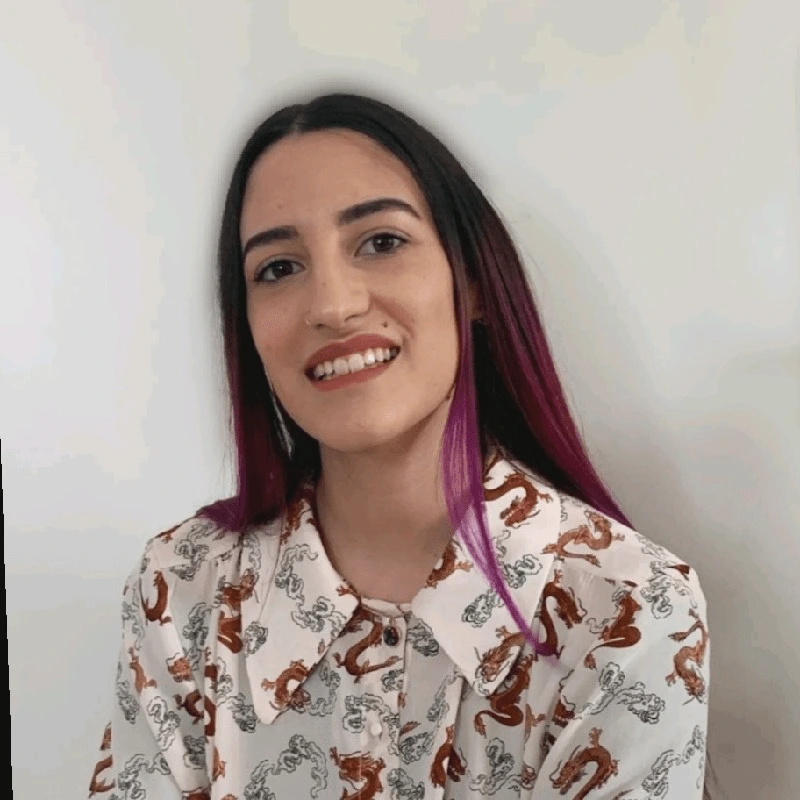
Start Your Day With Good Morning in Mandarin & More
In this article, we will see how to say good morning in Chinese!
We will also see how to greet someone according to the time of day and discuss Chinese characters used to write these greetings and some chengyu. In short, good morning in Mandarin and other similar expressions in Chinese, will have no more secrets for you!
The different ways to say good morning in Mandarin
早—zǎo, 早安—zǎo ān, and 早上好—zǎo shàng hǎo are all ways to say "good morning" in Mandarin Chinese.
Greeting someone with any of these sayings is a good habit as it shows your good manners. Whether you are talking to a friend, a professor, or a colleague, wish them good morning!
早—zǎo is the simplest way to say good morning to someone; think of it as the Chinese equivalent of “morning.” So, it is more informal and is usually used with Chinese friends, colleagues, or classmates, or with someone you already know.
On the other hand, if you want to greet someone more formally, perhaps because you don't know them well yet, you can opt for expressions such as 早安—zǎo ān and 早上好—zǎoshang hǎo, which are suitable for both everyday life and more formal occasions. 早安—zǎo ān is more frequently used in Taiwan, while in mainland China 早上好—zǎoshang hǎo is the go-to greeting.
Here is a quick difference between the two formal Mandarin morning sayings:
Quick pronunciation guide to “Good morning” in Mandarin | Warp Speed Chinese早上好—zǎoshang hǎo functions in the same way as 你好—nǐ hǎo, 大家好—dàjiā hǎo and many other Chinese greetings, and literally means good (好—hǎo) morning (早上—zǎoshang).
All these greetings are very simple: you simply add 好—hǎo to the time of day or to the person you are greeting. Here are some examples:
下午好 – xiàwǔ hǎo (good afternoon)
晚上好 – wǎnshang hǎo (good evening)
老师好 – lǎoshī hǎo (hello, professor)
您好 – nín hǎo (hello—formal way, you are addressing someone using 您 instead of 你)
同学们好 – tóngxuémen hǎo (hello, students)
早安—zǎo ān’s literal translation is "calm" (安—ān) "morning" (早—zǎo). You may already know the corresponding word with "evening", which is 晚安—wǎn’ān, however, be careful! 晚安 does not mean "good evening", but "good night." So only use it to wish someone a good night's sleep.
A closer look at the Chinese characters for morning
Let's now look at the hanzi more closely, so that you will remember them more easily:
早—zǎo
The Chinese character "早" (zǎo) means "early" and is made out of two components:
日 (rì): This component represents the sun or a day, indicating the concept of time.
十 (shí): This component represents the number ten.
When combined, the character "早" visually suggests the early hours of the day when the sun is rising, and it contains the numerical component "十" to emphasize the early part of the day. A great mnemonic for 早 is “I wake up very early, right when the sun (日) rises, around ten (十) o'clock.
"早" is commonly used in words and phrases related to mornings or early activities. For example, "早上" (zǎoshang) means "morning," and "早饭" (zǎofàn) means "breakfast."
好—hǎo
The Chinese character, 好, is composed of two characters:
The left part of the character, "女" (nǚ), represents a woman.
The right part of the character, "子" (zǐ), represents a child.
You can memorize 好 with this mnemonic: “A woman (女) must try to stay in good health when carrying a child (子) in her womb for 9 months until she gives birth.” The concept behind this character is that a mother with her child is a good thing. The combination of these components makes "好" that means "good" or "well."
安—ān
The Chinese character "安" (ān) means "peace" or "safety." It is often used to convey a sense of tranquility, security, or well-being. This character consists of two parts:
宀 (mián): This component represents a roof or shelter, symbolizing protection or a place of safety.
女 (nǚ): This component represents a woman, and in the character "安," it serves as a phonetic component to indicate the pronunciation of the character.
To remember 安’s components, you can use this sentence: “Many men would be content with living with his woman or wife (女) under the same roof (宀). Just the thought of it makes me calm and relaxed.”
When combined, the character "安" visually suggests a woman under a roof, which conveys the idea of a peaceful and secure place. So, "安" is commonly used in words and phrases related to peace, safety, and stability.
Learning hanzi is probably the most difficult part of learning the Chinese language. If you take the time to look at hanzi closely and learn about their composition, or if you make up new ways to remember their shape and sound, it will be much easier to remember them. Pandanese will help you by giving you already-made Chinese mnemonics and help you review radicals, characters, and vocabulary with the power of active recall and SRS.
Chinese sayings about the morning
According to Chinese culture, and in many other cultures, the early morning is the most productive time of the day. So, it's crucial to make the best out of the opportunities this time of the day has to offer. Here are some chengyu that embody this belief:
1. 早起的鸟儿有虫吃—Zǎoqǐ de niǎo er yǒu chóng chī
Translation: The early birds get the worms.
This saying is pretty self-explanatory: it means that people who wake up early and take advantage of the morning will get the best results.

The perfect mug to start your day | Duitang
2. 早晨的一小时等于一天的三小时—Zǎochén de yī xiǎoshí děng yú yītiān de sān xiǎoshí
Translation: An hour in the morning is worth three in the evening.
This saying emphasizes the importance of starting your day early and making the most of the morning hours.
3. 早晨好, 一天好—Zǎochén hǎo, yī tiān hǎo
Translation: Morning is good, and the day is good.
It highlights the idea that starting your day positively can positively impact the entire day.
Frequently asked questions
What is zǎo ān in Mandarin?
早安—zǎo ān literally means "calm" (安 – ān) "morning" (早 – zǎo). It is used to wish for a serene morning.
How do you say good morning in Chinese?
The most frequently used Chinese phrases for good morning are 早—zǎo, 早安—zǎo an, and 早上好—zǎo shàng hǎo.
In closing
Whether you are working in China or living abroad, learning how to say good morning in Mandarin opens the door to a conversation. If not, it’s like a small hello to the people you see.
Elisa Felici has been studying Chinese since 2014. She started her language-learning journey at Italian universities and lived in Beijing while attending Beijing’s Confucius Institute. Elisa passed HSK 4 and 5 and finally, in 2020, HSK 6. She now has a Master’s degree in translation and interpreting and has experience not only as a language learner but also as a Chinese teacher and translator.
The easiest way to learn Chinese & build vocabulary

